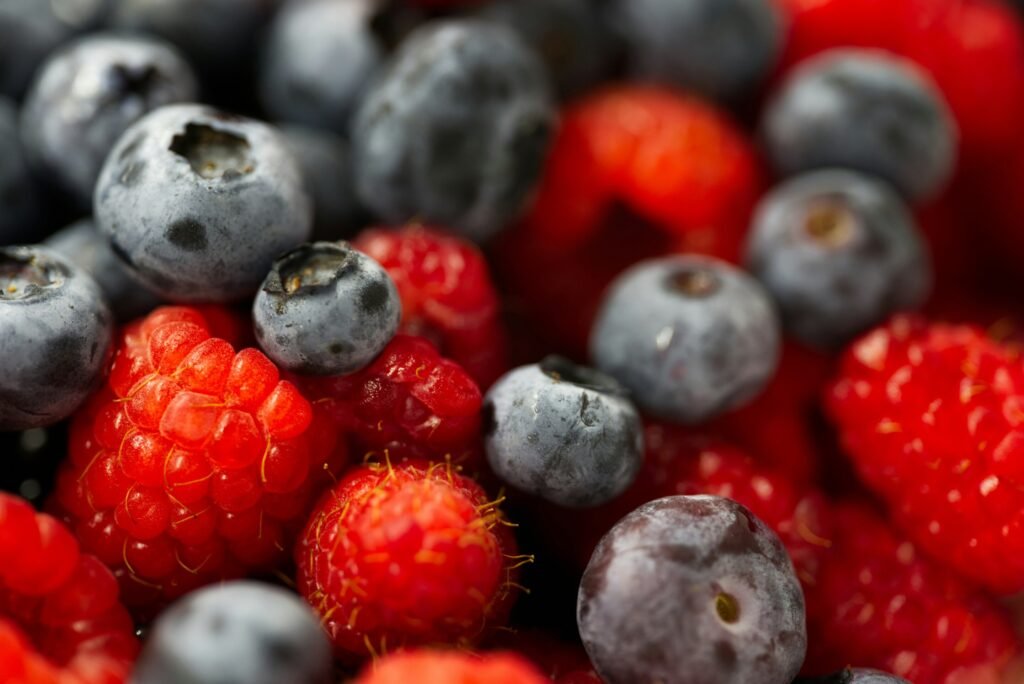Australia’s regulator has suspended use of a common pesticide used on blueberries, raspberries, and blackberries known as dimethoate.
This year-long suspension is not due to any new information about the pesticide itself. Rather, the Australian Pesticides and Veterinary Medicines Authority (APVMA) states that it’s because the consumption of berries has increased, leading to higher potential exposure.
Specifically, the APVMA highlights that children aged 2 to 6 years may be at a higher risk of surpassing maximum limits.
Here’s what we know about dimethoate and whether berries are still safe to eat.
What is dimethoate?
Dimethoate is a pesticide that has been used in Australia since 1956. It belongs to a class of pesticides that inhibits the enzyme acetylcholinesterase.
This action prevents the breakdown of a crucial neurotransmitter in an insect’s nervous system, ultimately leading to its paralysis and death. However, mammals, including humans, possess the same enzyme acetylcholinesterase and can be harmed by this type of pesticide. Therefore, strict control over the application of dimethoate and monitoring of dimethoate residues in food are essential to avoid exposure to harmful levels. The permissible amount of residues depends on an individual’s food intake and the estimated residue levels on food. The APVMA has set a maximum limit for dimethoate exposure from food known as the acute reference dose (ARfD), which is 0.02 milligrams per kilogram of body weight. This limit includes a safety factor of 10 to ensure protection. Recent changes in dietary habits, particularly increased consumption of berries, have raised concerns about potential exceedance of the maximum limit for dimethoate exposure in certain age groups. The APVMA has proposed suspending specific dimethoate products as a precautionary measure, although the risk of harm is considered low. To mitigate risks, individuals are advised to wash their berries, as well as all fruits and vegetables, before consumption.


